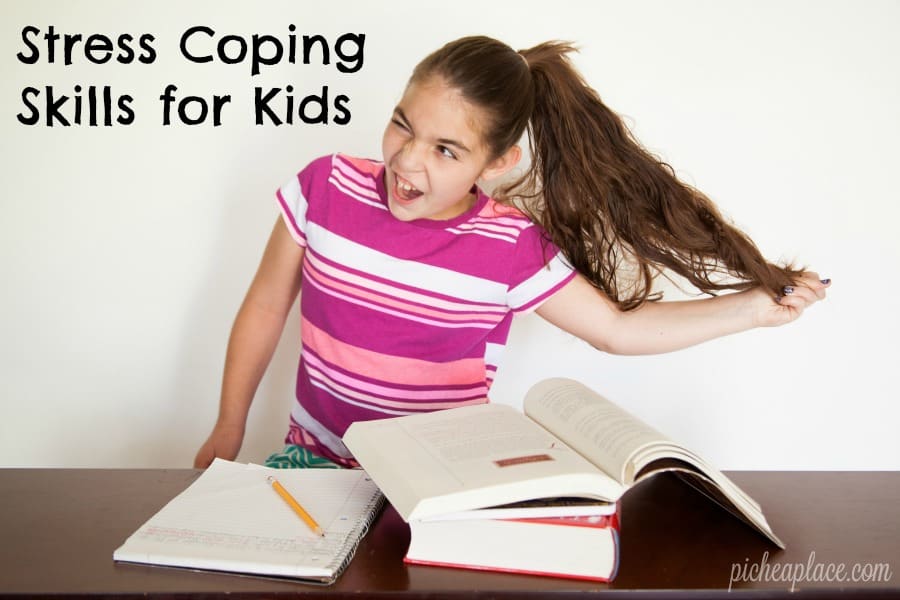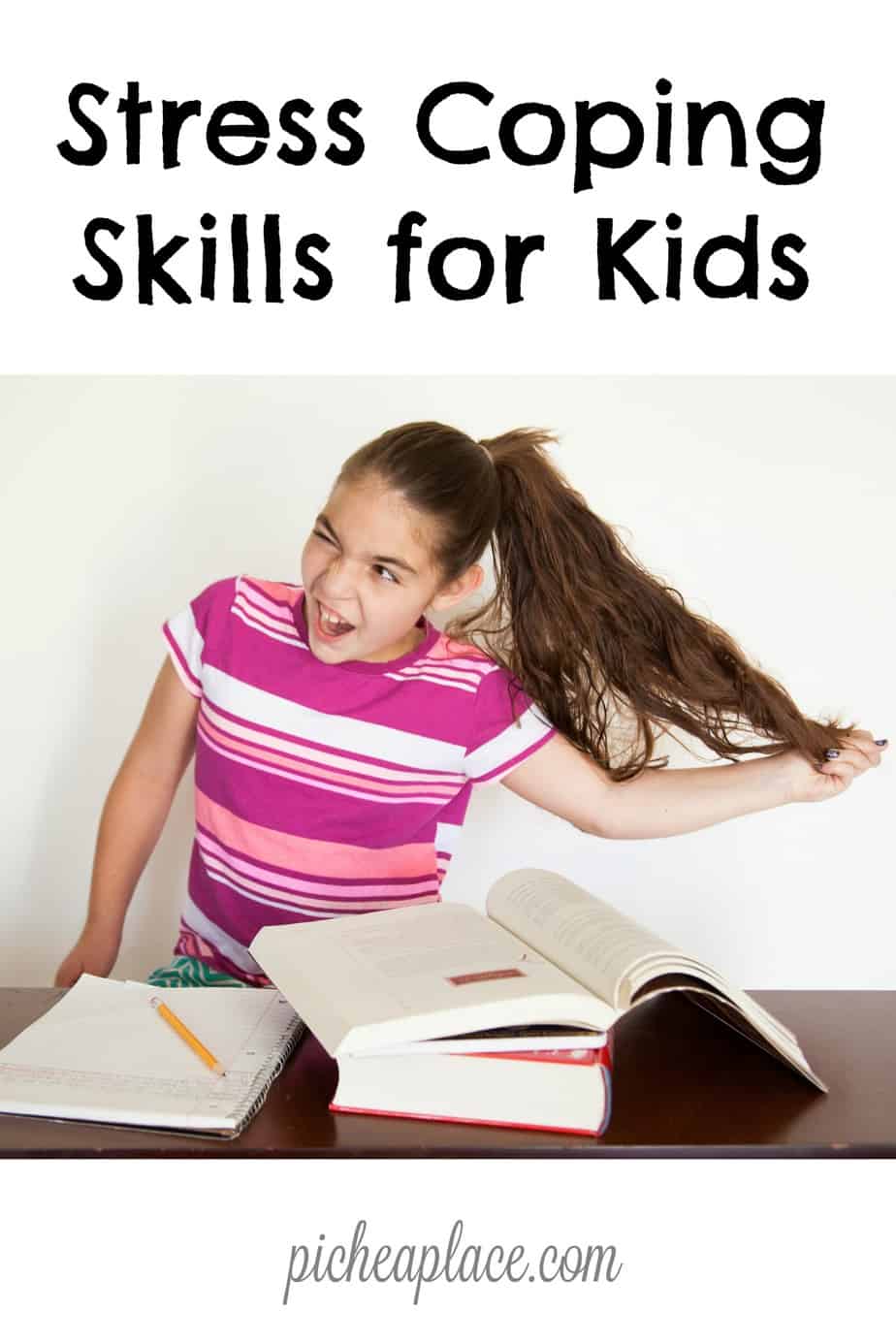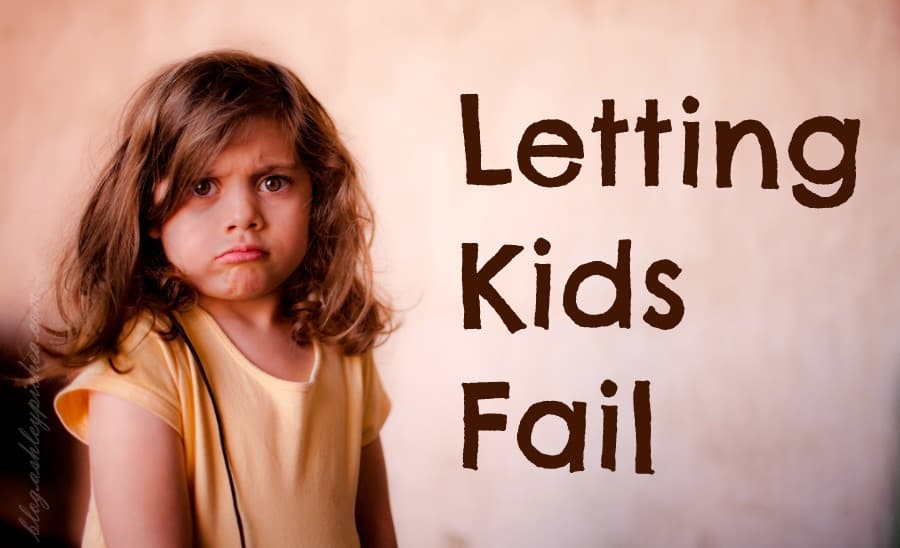Stress Coping Skills for Kids
As busy parents, we often find ourselves stressed and needing ways to alleviate our stress. However, stress is not only a problem for adults. Children can feel stressed, too, and they need for the adults in their lives to teach them proper stress coping mechanisms. Here are some stress coping skills for kids that you can use to help your children deal with stress.

Stress Coping Skills for Kids: a Parent’s Role
Recognize the Signs of Stress in Kids
Depending on the age of your child, stress can exhibit various signs and symptoms:
- Toddlers may regress to baby-like behaviors, such as using a diaper, be fearful of loud noises, or even bite.
- Preschoolers may cry uncontrollably, have anxiety, and experience problems with eating or sleeping.
- Elementary-aged kids may have difficulty with friendships, become withdrawn, or be distrustful.
- As kids move into the tween and teen years, stress may present as feelings of loneliness, anger, low self-esteem, and extreme behaviors.
So if your child is showing signs of stress, what do you do?
Don’t Add to Your Child’s Stress
Your child does not need to hear about all of your problems. Unless it’s something relevant to his or her life, too much information can be burdensome to kids.
While it’s important for your children to see you living out your faith in every day situation, including when life isn’t going as planned, they do not need to know all of the details. When having difficult conversations with your spouse or other trusted friend, find a private location so as not to include your children in the conversation. Don’t make your child your confidante – find another source to be your secret-keeper.
Listen to Your Child
Being a busy parent isn’t an excuse for not being available to stop and truly listen to your child. Make sure you’re available to listen to your child whenever he or she needs to talk – even if it’s about something seemingly insignificant to you. Active listening is a skill, and it’s important for helping kids cope with stress.
Asking your child outright whether or not he or she is stressed or if something is wrong may not get much of an answer (or you’ll get the infamous “nothing”). Rather, listening also involves observation – note your child’s behavior. It can tell you a great deal. Pay attention to your child’s non-verbal communication as well as what they are saying. Watch body language and what words they use on a day-to-day, and when your child does choose to talk to you about his or her stress, try focusing more on listening and less on reacting.
Stress Coping Skills for Kids: Teaching Kids Ways to Cope with Stress
Use Your Words
Younger children may growl, yell, or cry when they feel stress. Teach them that while it’s okay to release stress in this way, using their words to identify what they are feeling can help them overcome the stress.
Older children may feel the need to relieve stress through physical means. Teaching them healthy ways to release stress (punching bags, stress balls, going for a run, etc.) is important along with helping them to identify and express the source of their stress.
Verbalization is one of the key stress coping skills for kids. When children can verbalize the source of their stress, they are better able to cope with that stress and work towards a solution.
Include Your Child in Finding Solutions to Stress
As you talk over stressors in your child’s life, include him or her in discussions regarding solutions. Let him or her think of some things he or she believes might help. This can actually provide a lot of insight into how your child is feeling and can help you point him or her toward the best solution for the specific source of stress.
These tips for teaching your child how to cope with stress can be helpful in relieving his or her stress.
Stress can have a solution, and it’s important to teach your child how to identify and alleviate his or her stress – it will help him or her become a more responsible adult.

original image credit: flickr.com/photos/125892716@N05/14626071493 via www.amenclinics.com






